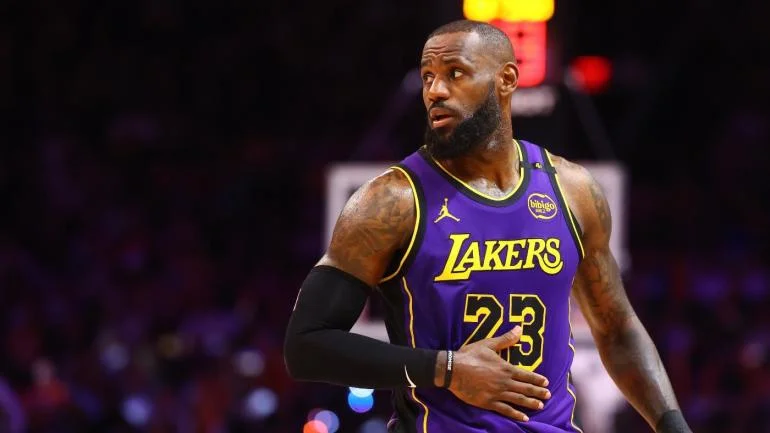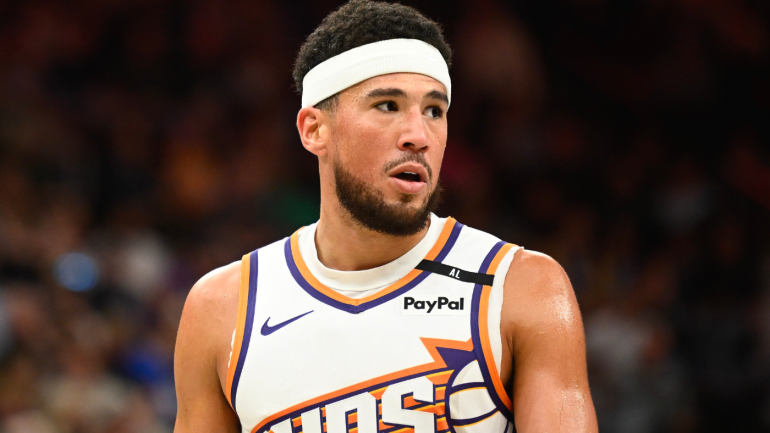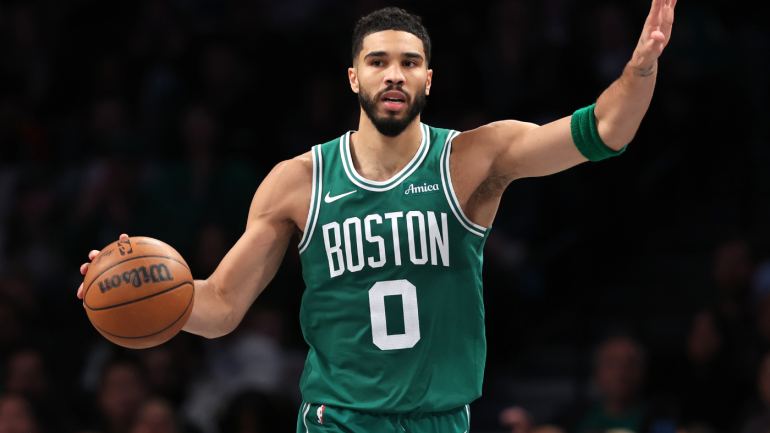We’re going to keep trying a series where we take a deeper dive at some of the upcoming free agents and give my personal and amateur opinions about the best situations for them.
GEORGE HILL
The player you’re getting
Although the San Antonio Spurs get credit for being ahead of the curve when it comes to scouting international players, they were also a few steps ahead of their peers when it came to drafting long-armed athletes with the work ethic to develop their NBA skills.
Before there was Kawhi Leonard, there was George Hill, a 6’3″ point guard who played well at local IUPUI (winning Summit League player of the year), but got drafted #26 because no one knew what the hell IUPUI was.
After a few years of training with the Spurs great player development staff (including Chad Forcier and Chip Engelland), Hill had become a quality reserve with long-term starting potential. Gregg Popovich reluctantly traded away Hill, one of his favorite players, but for good reason — to draft Kawhi Leonard.
Hill could have been an infamous figure in the NBA — and forever labeled as “the player the Pacers traded Leonard for.” However, he’s become more than that. He was a quality starter for winning Indiana teams before having a career individual season for Utah this past year, netting 16.9 points per game.
Hill’s a non-traditional point guard. Normally we view “3-and-D” players as wings, but Hill’s the definition of a “3-and-D” point guard. He’s not carrying a massive load in terms of playmaking (4.2 assists against 1.7 turnovers), but he offers strong defense and the ability to hit open shots (he’s hit over 40% from three each of the past two seasons).
That combination of talent makes Hill ideally suited to play a de facto PG role for a team with an established star at another position, where his talents can complement the rest of the unit.
The contract he’s getting
Even as a point guard, Hill’s “3-and-D” skillset is in high demand all across the league. Some Utah fans will claim that he’s getting $20 million a year for his services in total of $80-90 million a year.
There are two problems Hill may run into when seeking a mountain of gold, though. For one, he’s already 31 years old. While his skill set should age well, it’d be difficult to give him a massive long-term contract when you presume he’ll only be a solid starter for 2-3 more years.
The point guard market is also a strength of this class, with other PGs like Kyle Lowry, Jrue Holiday, and Jeff Teague floating around and playing a game of musical chairs. Hill is the oldest of that bunch, so it’s uncertain where he’d stack up on team’s wish lists. There are fewer landing spots around than a few weeks ago, with Philadelphia, Dallas, and maybe New York drafting their PG of the future in the top 10.
All in all, a fair contract for Hill in my mind would be a 3 year deal for around $20 million a year, with perhaps an option for year 4. A desperate team may pay more than that or for a longer period of time, but they should do so with the knowledge that Hill will most likely be a backup on the back-end of that deal.
The best fits
(3) Minnesota Timberwolves
Last season, the Timberwolves had three well-known point guards on their roster: Ricky Rubio, Kris Dunn, and Tyus Jones, but it’s unclear how much Tom Thibodeau liked any of them. The team already traded Kris Dunn, but there are still rumors about Rubio being dealt as well.
If the team does end up trading Rubio, George Hill makes a lot of sense as a replacement. He can mirror Rubio’s defensive skills, but he arguably fits the offensive better than Rubio at the moment. Rubio is a better passer/playmaker, but that may not be as necessary with the addition of Jimmy Butler and the continued improvement of Andrew Wiggins and Karl-Anthony Towns. George Hill would provide those stars with better spacing, which is something the Wolves need to have if they’re going to live up to their ballooning expectations. Add Hill to this team — and the Timberwolves may take Utah’s place in Round 2.
(2) Utah Jazz
George Hill’s landed in a great situation in Utah, where he plays for a well-run and well-coached organization with a legitimate playoff roster. He’s taken on a larger role than ever, effectively serving as a third option behind Gordon Hayward and Rudy Gobert. Hill complements Gordon Hayward well in particular, as Hayward continues to improve and expand his game.
Of course, there’s no guarantee that Hayward will return during his own free agency. If he doesn’t, then Utah may have a question on their hands about how they want to proceed. Without Hayward, the second-round looks unlikely, so do you really want to pay big money for a 31-year-old point guard? Probably not. The Jazz may want to take a step backward and go with a rebuild (of sorts), which would mean turning the keys over to their younger guards like Dante Exum, Donovan Mitchell, and Nigel Williams-Goss.
For that reason, I see George Hill and Gordon Hayward’s fates tied together. If Hayward leaves, then Hill may as well. And it works both ways — the Jazz become less appealing for Hayward if Hill’s gone.
(1) San Antonio Spurs
There’s been a lot of chatter about Chris Paul to the San Antonio Spurs, but it’s asking a lot for Paul to turn down a supermax in Los Angeles (which he, as a union leader, helped to create in the first place.)
A more realistic Plan B would be a reunion with George Hill. Hill’s a better player at this stage of his career than Tony Parker and would complement lead playmaker Kawhi Leonard in the same way that he does with Gordon Hayward in Utah. Defensively, Hill, Danny Green, and Kawhi Leonard would be a great set of perimeter defenders. Would they beat the Warriors? Probably not. But re-adding Hill would help ensure San Antonio is a top 2 seed in the West.
I also like the timeline for this fit as well. Young Spurs PG Dejounte Murray has promise, but he’s only 20 years old and still years away from being a starting caliber PG (particularly in the playoffs). Hill can start for the next 2-3 years, with Murray developing as the heir apparent behind him.
Best of all, it’d lead to a reunion with his coach Popovich and the fanbase in San Antonio. It’d be rare for a player who only spent 3 of his 9 years in a city to be considered a local favorite, but Hill may indeed fit that description. He not only fits the Spurs in terms of his on-court skills but also in terms of their culture.




